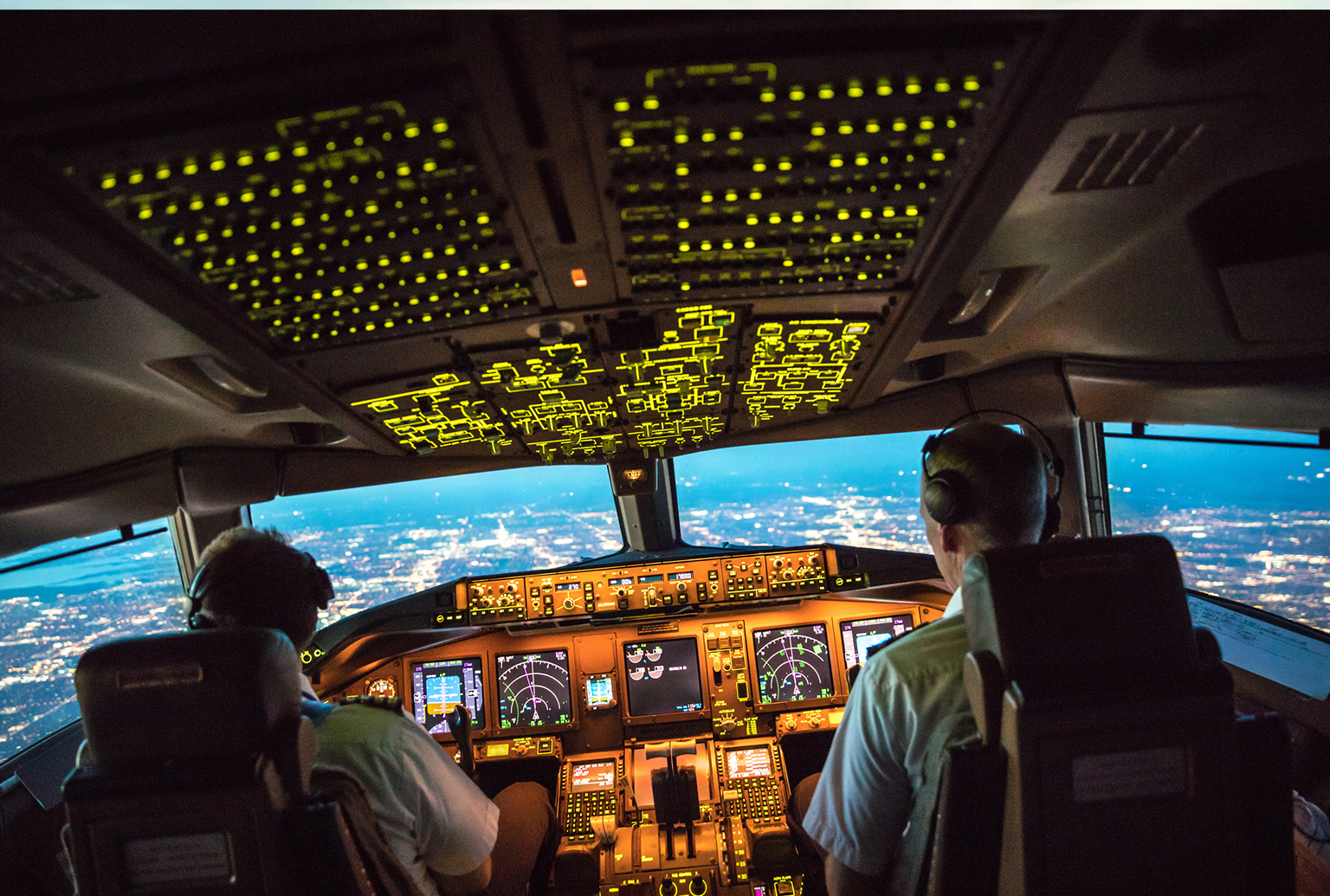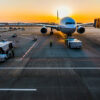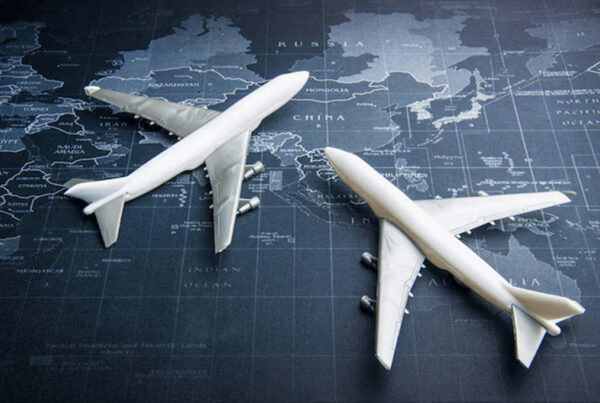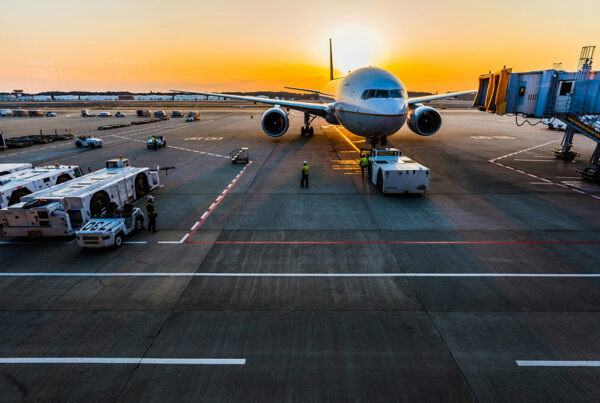Sky One chairman Jaideep Mirchandani argues that data protection, privacy and cybersecurity are the pillars of digital independence for Indian aviation
The airplane you board is no longer only metal and fuel. It is a moving network of sensors, software and data. As India expands airports, adds planes and welcomes more flyers, the industry is racing not just to connect cities but to protect the systems that make those connections possible. On Independence Day Jaideep Mirchandani reminded the nation what is at stake. Data protection, privacy and cybersecurity are the pillars of digital independence, he said. If those pillars fail, freedom to fly will not be far behind.
Why this moment is critical
Air travel is growing fast in India. Every part of the aviation chain from ticket booking to maintenance schedules is digitized. That efficiency brings scale and convenience. It also concentrates risk.
Since June 2025 three major airlines reported cyber incidents where attackers targeted passenger and operational data and the incidents were assessed as data theft.
Global signals matter too. Between January 2024 and April 2025 Thales Group recorded 27 major ransomware attacks by 22 groups and found that 71 per cent involved stolen credentials or unauthorized access to critical systems.
Those numbers are not abstract. They translate into flight disruption, loss of passenger trust, regulatory scrutiny and potential safety hazards if critical systems are compromised.
What attackers are trying to do
Attackers aim for value and leverage. In aviation that means data that can be sold or weaponized and systems that, if disrupted, cause high impact.
Typical attacker goals include:
- Stealing passenger personal data and credentials.
- Gaining unauthorized access to operational systems.
- Holding systems for ransom or leaking sensitive files.
- Using social engineering to loop employees into breaches.
Mirchandani highlights the logic: aviation is a complex web of interconnected digital technologies. That complexity equals attack surface.
What industry leaders are recommending
Experts and industry leaders are aligned on one practical truth: defense must be proactive, layered and constantly updated.
Key recommendations Mirchandani and others emphasize include:
- Build an updated digital security framework with real time threat monitoring and strict access controls.
- Prioritize human awareness through frequent training on scams and social engineering.
- Maintain secure offline backups so operations can be restored quickly if systems are hit.
- Adopt credential hygiene and least privilege access to reduce the success of stolen credentials.
- Invest in indigenous solutions that reduce dependency on external suppliers for critical functions.
India first solutions and national resilience
Mirchandani points to home grown capabilities as part of digital independence. He mentions solutions already in the ecosystem such as Vastav AI a deepfake detection platform with 99 per cent accuracy, Maya OS a secure Indian operating system and defense platforms like Akashteer that focus on airspace protection. He also cites initiatives like Bharat NCX and rising investments in research and development as momentum that can be channeled into national resilience.
Indigenous tools matter for two reasons. First, they can be tailored to local operational realities. Second, they reduce supply chain exposure to foreign vulnerabilities and geopolitical pressure.
A practical roadmap for airports airlines and vendors
Companies and regulators must move from checklist thinking to continuous readiness. A simple actionable roadmap:
- Assess critical systems and map interdependencies so the true impact of an attack is visible.
- Detect deploy monitoring that can spot anomalies in real time.
- Protect enforce least privilege credentials multi factor authentication and secure offline backups.
- Respond create tested playbooks with clear incident roles and communication protocols.
- Recover verify backups and recovery paths and run recovery drills regularly.
- Train run frequent staff awareness exercises and phishing simulations.
- Collaborate share threat intelligence across airlines airports vendors and regulators.
- Invest fund R&D and support indigenous cyber security startups and home grown platforms.
The human factor cannot be ignored
Technology alone will not secure the skies. Mirchandani reminds us that human error remains a key vulnerability. Regular training on spotting scams and clear accountability for access management can reduce breaches dramatically. Invest in people as much as in platforms.
Closing note
Independence Day is a reminder that freedom has many dimensions. For modern aviation digital freedom is as vital as physical control of runways and radars. If India wants to claim a Viksit Bharat that thrives on global connectivity it must guard that connectivity with robust data protection privacy and cyber security.
TL; DR
- Aviation is highly digitized which increases cyber risk.
- Since June 2025 three major airlines reported data theft related incidents.
- Between January 2024 and April 2025 Thales Group logged 27 major ransomware attacks with 71 per cent involving stolen credentials.
- Industry experts call for proactive multi layered defense real time monitoring strict access controls and regular staff training.
- Indigenous solutions such as Vastav AI Maya OS and Akashteer are cited as building blocks of digital independence.
- Practical steps for organizations include assess detect protect respond recover train collaborate and invest.
- Human awareness and secure offline backups are critical to resilience.
Jaideep Mirchandani
Jaideep Mirchandani is the Group Chairman of Skyone FZE, a leading aviation holding entity with interests in several aviation firms globally managing a fleet strength of over 50 airplanes and helicopters of various modifications. Jaideep holds a Mechanical Engineering degree and brings in deep aviation management and leadership experience in operating a highly diverse and profitable aviation entity.
Source: 100 Knots








